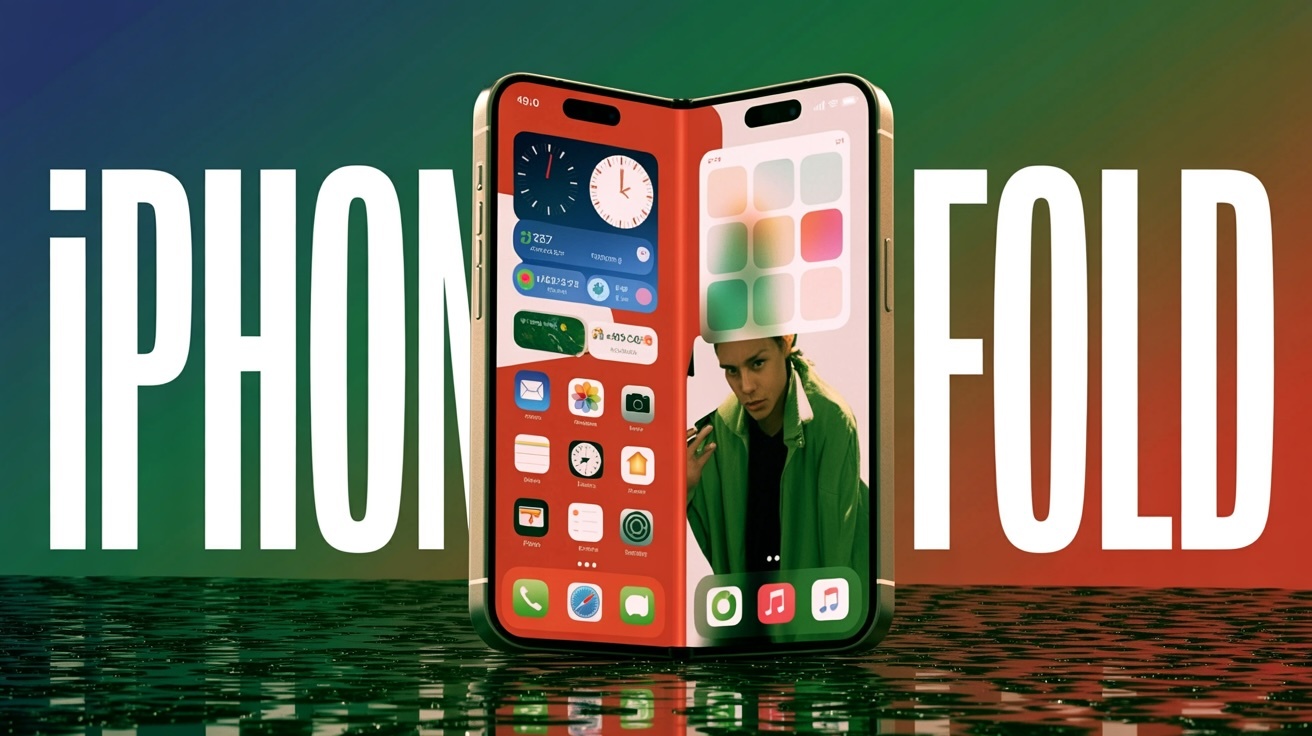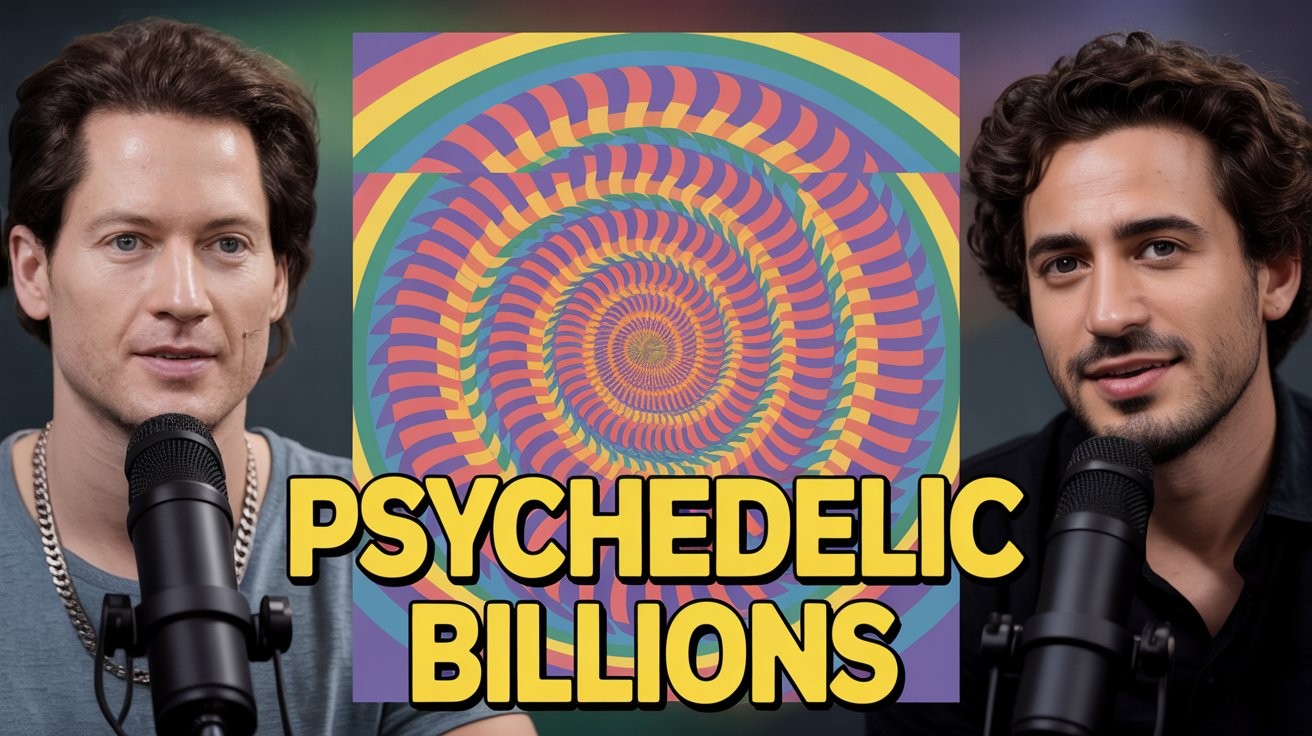Your nightly routine of scrolling Instagram or binge-watching Netflix carries a hidden cost that extends far beyond tired eyes. Blue light from digital screens—that 450-470nm wavelength flooding from phones, laptops, and TVs—suppresses melatonin production and disrupts the deep sleep cycles your body needs to manufacture testosterone. According to research published in medical journals, even acute sleep restriction accompanied by blue light exposure leads to measurable declines in morning testosterone levels. This hormonal disruption can drop testosterone after just several nights of poor sleep.
Animal Studies Reveal Disturbing Reproductive Impact
Laboratory research shows blue light exposure suppresses hormone production and reproductive function.
The evidence gets more concerning when you dig into controlled studies. Research on male rats exposed to blue light showed suppressed spermatogenesis and decreased intratesticular testosterone levels. Longer exposure periods resulted in smaller testicular metrics and increased oxidative stress markers—basically, the cellular equivalent of your reproductive system aging faster.
While we’re not rats, these findings parallel what sleep researchers observe in humans: chronic circadian disruption leads to measurable hormonal decline.
Timing Makes All the Difference
Evening blue light devastates sleep hormones, but daytime exposure can actually help counteract damage.
Here’s where the research gets interesting—and hopeful. The timing of blue light exposure matters more than the exposure itself. Short-duration blue light during daytime hours can actually counteract some testosterone loss associated with sleep restriction.
The problem isn’t your laptop at 2 PM; it’s the phone glowing in your face at 11 PM when your brain should be ramping up melatonin production. Evening and nighttime blue light exposure specifically disrupts the hormonal cascade that peaks during deep sleep.
Beyond the Bedroom: Testosterone’s Full-Body Impact
Low testosterone affects muscle mass, energy, mood, and accelerates visible aging in men.
If you’re thinking this is just about libido, think bigger. Testosterone regulates muscle mass, energy levels, mood stability, and fat distribution. Chronic disruptions from evening blue light exposure are linked to:
- Reduced libido
- Slower muscle recovery
- Increased fatigue
- Mood imbalances
Low testosterone increases your risk of weight gain and metabolic syndrome. Essentially, your late-night screen habit is affecting the aging process at a hormonal level.
Simple Solutions That Actually Work
Research-backed strategies can protect your hormonal health without ditching technology entirely.
The fix doesn’t require going full Luddite:
- Enable night mode or blue light filters on all devices—these shift screen emissions toward longer wavelengths that don’t suppress melatonin
- Put devices away at least 1-2 hours before bedtime to support natural hormone cycles
- Install blackout curtains and create tech-free nights when possible
These aren’t lifestyle hacks; they’re practical, research-backed strategies for safeguarding sleep quality and hormonal health in a digital world.





























